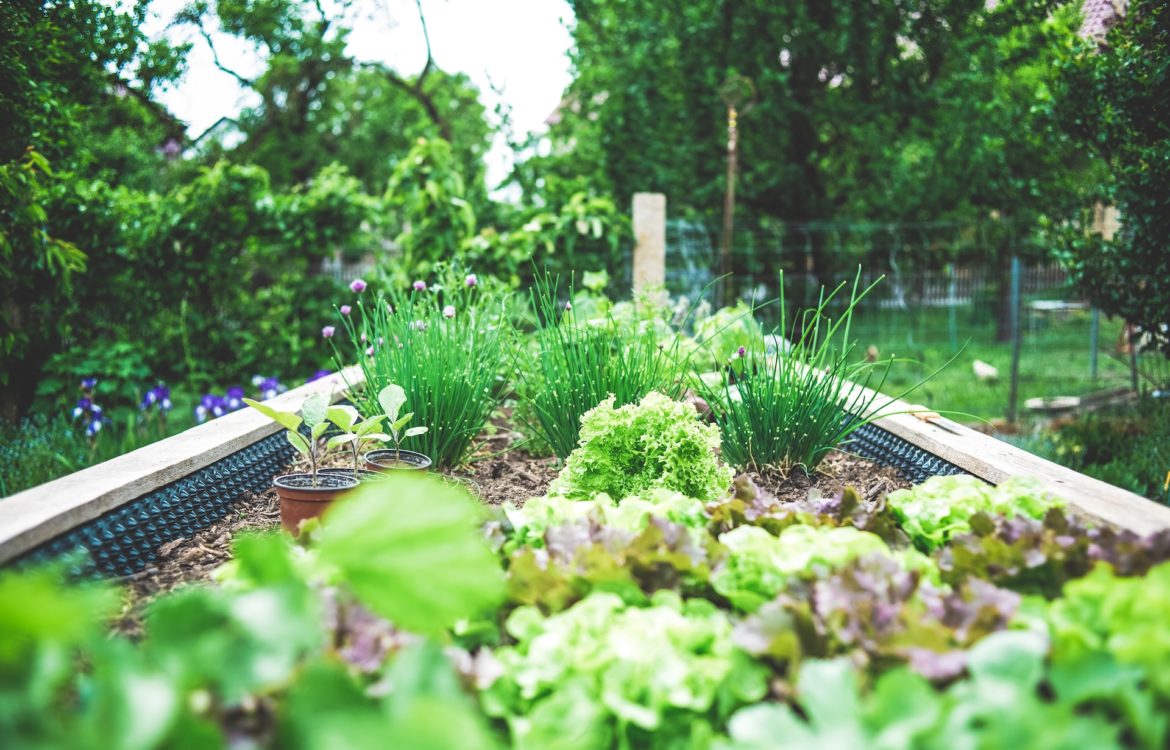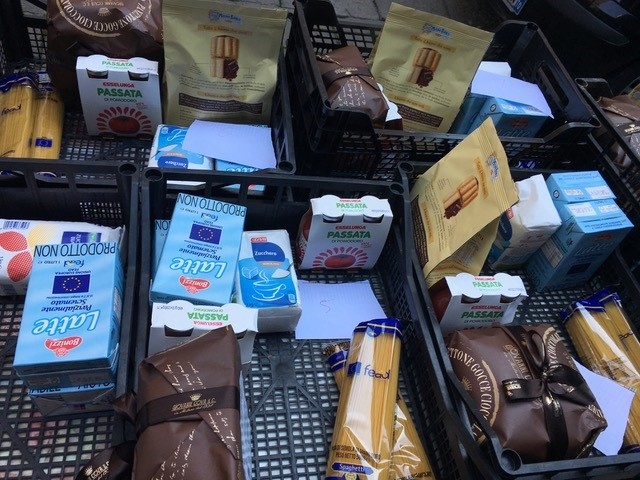
An ethnographic analysis of food initiatives and urban (sustainable?) renewal: a PhD research.
Written by Maria Vasile.
How are food initiatives evolving in urban contexts? What do food initiatives say about changing forms of citizens’ participation in society and collective effort towards increasing (urban) sustainability? Which trade-offs does an attentive analysis of food initiatives reveal around contemporary ways of understanding urban renewal and sustainability?
These are some of the questions at the core of The silenced paradoxes of urban renewal. Morality, welfare reconfiguration and precarious labour in Collective Food Procurement in Turin which investigates these themes from an ethnographic standpoint. The research was based on 15 months of fieldwork in Turin between 2019 and 2020 during which I participated in various food initiatives including urban gardens, open-air food markets and food aid initiatives mainly situated in Turin’s urban peripheries. I had the opportunity to experience daily related sites, practices and relations, conduct over 70 in-depth interviews and (co)produce audio-visual material such as a considerable number of images and video footages.

The dissertation (which is available open access here) brings together the accounts of local stories and diverse experiences in which are grounded theoretical reflections around citizens’ engagement in food initiatives in the context of urban renewal – a theme at the core of Turin agenda and post-industrial reconversion.
I call for moving away from acritical optimism around the narratives of urban renewal and sustainability by considering issues at the core of these food practices such as unremunerated labour and volunteerism, gentrification and the reproduction of socio-economic inequalities. Arguments in this sense emerge from the various cases analysed, such as the making of urban gardens, that, while providing new gardening opportunities, also come in with novel gardening practices which are not always inclusive of older gardeners and previous occupants of these areas.
Another set of reflections emerge from the case of institutionalised recollection of food surplus, often based on unremunerated labour and tightly linked to the diffusion of the notion of urban dwellers’ (un)deservingness. The theme of labour, citizens’ needs and rights also emerge in relation to food aid during the COVID19, which exemplifies features of contemporary welfare mix such as the central role of non-profit organizations in managing food initiatives and setting the agenda around these themes. While their role is growing in a context of welfare state retrenchment, their presence also raises questions around citizens’ ownership of local initiatives and their decision-making power.

My research developed as part of the ERC-funded Food Citizens? project led by Prof. Cristina Grasseni. As part of this broader work, the team developed, among other things, open access annotated bibliographies (e.g. on food policies, urban gardens, anthropology of citizenship), ethnography and visual research methodological guidelines (which can be found here).

